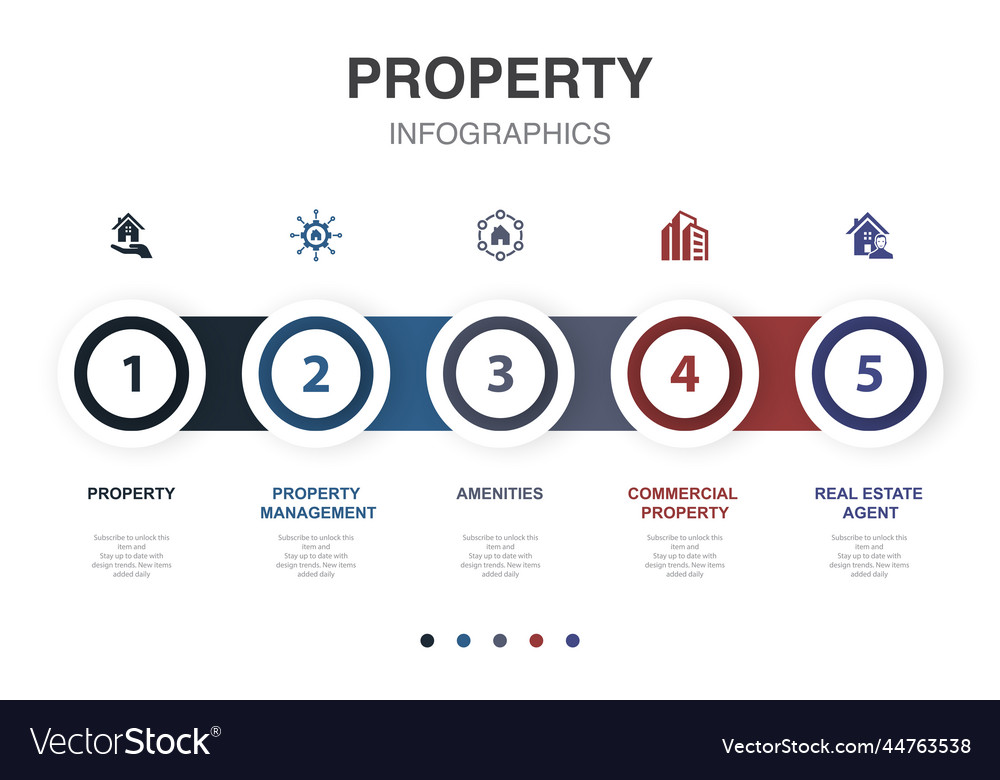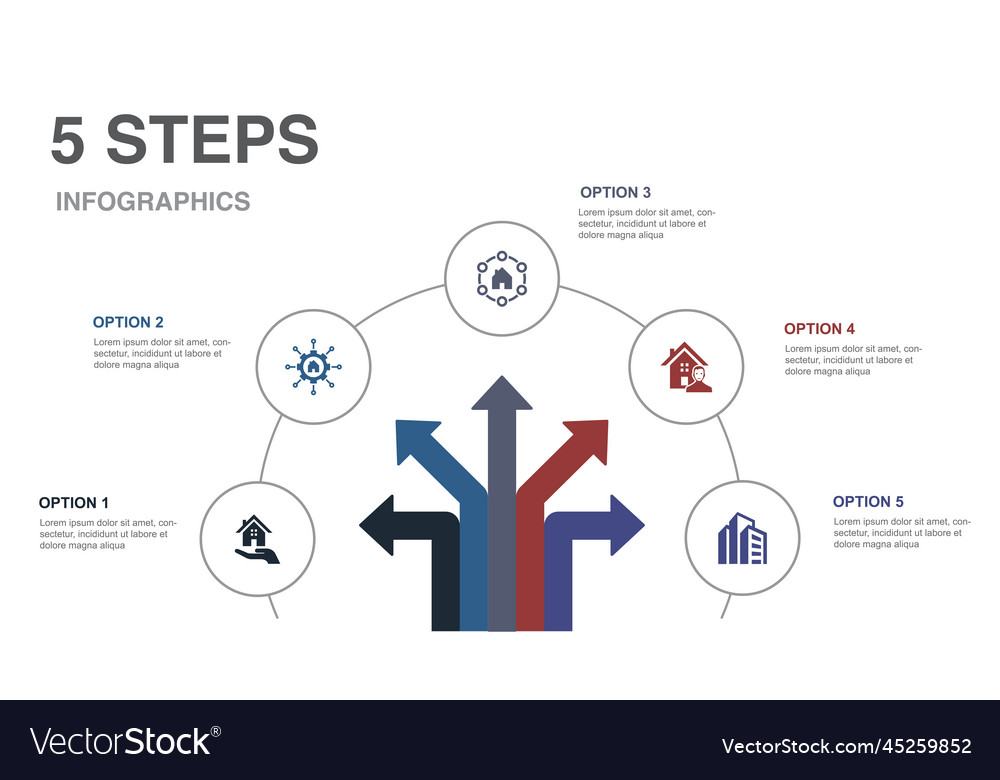Discover the secrets to successful rental management in just 5 simple steps – your path to stress-free property ownership!

Image courtesy of George Becker via Pexels
Table of Contents
- Introduction: Becoming a Rental Management Pro
- Understanding Rental Management Basics
- Step 1: Knowing Your Property Inside and Out
- Setting Up Rules and Expectations
- Step 3: Finding the Right Tenants
- Step 4: Regular Maintenance Keeps Tenants Happy
- Handling Rent and Finances
- Using Tech to Your Advantage
- Common Challenges in Rental Management
- Wrapping Up: Becoming a Rental Management Whiz
- FAQs About Rental Management
Introduction: Becoming a Rental Management Pro
Managing a rental property can be an exciting and rewarding experience. But it’s essential to know how to manage a rental property effectively to ensure success. This guide will take you through the steps to become a rental management pro, providing you with the tools you need to excel in this role.
Whether you’re new to rental management or looking to enhance your skills, understanding the ins and outs of property management is crucial. By following these steps, you can learn how to manage a rental property like a pro and ensure both you and your tenants have a positive experience.
Understanding Rental Management Basics
Before we dive into the nitty-gritty of rental management, let’s first understand what rental management is all about. Rental management is the process of overseeing and taking care of rental properties. property managers are individuals or companies responsible for managing these properties on behalf of the owners. They handle everything from finding tenants to collecting rent and ensuring the property is well-maintained.
What is Rental Management?
Rental management is like being the captain of a ship. Just as a captain takes care of the ship, a property manager takes care of rental properties. They make sure everything runs smoothly, tenants are happy, and the property is well-kept. It’s a lot of responsibility, but it’s essential for keeping things shipshape!
Role of Property Managers
Property managers wear many hats. They advertise vacant properties, screen potential tenants, handle lease agreements, collect rent, deal with maintenance issues, and ensure the property complies with local laws and regulations. In a nutshell, property managers are the superheroes of the rental world, keeping everything in order so owners can relax.
Step 1: Knowing Your Property Inside and Out
The first step in successful rental management is taking the time to know your property inside and out. Understanding every detail about your property is crucial for effective management.
Image courtesy of fitsmallbusiness.com via Google Images
Learn About Your Property
Start by gathering information about your property. This includes knowing the number of bedrooms and bathrooms, the size of the kitchen, whether there is a backyard or a garage, and any special features like a swimming pool or a fireplace. All these details are important because they will help you determine the right rental price and attract potential tenants who are interested in these features.
Additionally, familiarize yourself with the history of the property. Understand when it was last renovated or any maintenance issues it has had in the past. This will allow you to anticipate any future expenses and plan accordingly.
Knowing your property inside and out will not only help you manage it effectively but also build a strong relationship with your tenants. When you are knowledgeable about your property, tenants see you as a reliable and trustworthy landlord, which can lead to better communication and cooperation.
Setting Up Rules and Expectations
When you decide to rent out a property, it’s essential to set up clear rules and expectations for your tenants. One way to do this is by creating a lease agreement. A lease agreement is a legal document that outlines the terms of the rental agreement between you as the landlord and your tenant.
This document should include important details such as the duration of the lease, the monthly rent amount, the due date for rent payments, rules about pets, maintenance responsibilities, and any other specific rules you want your tenants to follow.
By clearly laying out these rules and expectations in a lease agreement, you can avoid misunderstandings and conflicts down the road. It sets the foundation for a positive landlord-tenant relationship based on transparency and accountability.
Step 3: Finding the Right Tenants
When it comes to managing a rental property, finding the right tenants is crucial. You want to ensure that the people who rent your place will take good care of it and pay their rent on time. Here are some tips on how to attract the best tenants:
Image courtesy of www.freepik.com via Google Images
1. Make sure your property looks appealing: Before showing your property to potential tenants, make sure it is clean and well-maintained. A tidy and inviting space will attract more interest.
2. Advertise effectively: Use different platforms like online rental websites, social media, and local classifieds to reach a broad audience. Include attractive photos and detailed descriptions of the property.
3. Screen your tenants: Don’t rush to accept the first applicant. Take the time to conduct background checks, verify their income, and ask for references. This will help you find tenants who are reliable and trustworthy.
4. Be transparent about rules and expectations: Clearly communicate your rules, expectations, and any pet or smoking policies upfront. This will help avoid misunderstandings later on.
5. Offer incentives: Consider offering incentives like a discount on the first month’s rent or including utilities in the rent. This can attract quality tenants who are looking for a good deal.
Step 4: Regular Maintenance Keeps Tenants Happy
Keeping the property in top shape is key to great rental management. When tenants live in a well-maintained property, they are happier and more likely to take good care of the place. Here’s how you can ensure your property stays in excellent condition.
Planning for Upkeep
One of the most important aspects of rental management is planning for regular maintenance. This involves creating a schedule for tasks like lawn care, HVAC system checks, plumbing inspections, and other necessary upkeep. By staying on top of maintenance tasks, you can prevent small issues from turning into major problems that could inconvenience your tenants.
Handling Rent and Finances
Managing money is a huge part of being a property manager. In this step, we will talk about how to handle rent and finances effectively for a successful rental management process.

Image courtesy of www.vectorstock.com via Google Images
Managing Rental Payments
When it comes to handling rent from your tenants, it’s crucial to have a clear and organized system in place. Here are some key tips to help you manage rental payments smoothly:
Firstly, establish a set date for rent payments to be due each month. This consistency will help both you and your tenants keep track of when payments are expected.
Consider setting up electronic payment options to make it easier for tenants to pay their rent on time. Online payment platforms are convenient and can help streamline the process for everyone involved.
Keep detailed records of all rent payments and expenses related to the property. This documentation will be essential for staying on top of your finances and tracking any potential issues that may arise.
Communicate openly and clearly with your tenants about rent expectations. Make sure they understand the consequences of late payments and the importance of fulfilling their rental obligations on time.
By effectively managing rental payments, you can maintain a strong financial foundation for your rental property and ensure a positive landlord-tenant relationship.
Using Tech to Your Advantage
Technology can be a valuable tool when it comes to managing rental properties. Let’s explore how you can use tech to your advantage for more effective rental management.
| Step | Description |
|---|---|
| 1 | Understand local rental laws and regulations |
| 2 | Screen tenants thoroughly |
| 3 | Maintain clear and effective communication with tenants |
| 4 | Regularly inspect and maintain rental properties |
| 5 | Keep detailed records of all rental transactions and communications |
Property Management Software
One of the most helpful advancements in rental management is property management software. This type of software can streamline many tasks, such as organizing rental payments, tracking expenses, and communicating with tenants.
With property management software, you can keep all your rental property information in one place. You can easily access important documents like lease agreements, maintenance records, and tenant contact information.
Some property management software even allows you to set up automatic rent payments, send reminders to tenants about upcoming maintenance tasks, and generate financial reports for tax purposes. This can save you time and effort in managing your rental properties.
Common Challenges in Rental Management
As with any job, managing rental properties comes with its fair share of challenges. Let’s take a look at some common issues you might face and how to tackle them.

Image courtesy of www.vectorstock.com via Google Images
Dealing with Difficult Tenants
One of the biggest challenges in rental management is handling difficult tenants. They may be late on rent, cause disturbances, or violate the lease agreement. It’s crucial to address these issues promptly and professionally, using the terms outlined in the lease.
Maintenance and Repairs
Maintaining a rental property can be demanding, especially when unexpected issues arise. From leaky pipes to broken appliances, staying on top of repairs is essential to keeping tenants happy. Creating a maintenance schedule and working with reliable contractors can help mitigate this challenge.
Legal Compliance
Staying compliant with the ever-changing laws and regulations surrounding rental properties can be overwhelming. From fair housing laws to eviction procedures, it’s crucial to stay informed and seek legal advice when needed to avoid costly legal issues.
Vacancies and Turnover
Having vacant units or dealing with high turnover rates can impact your rental income and require extra efforts to find new tenants. To mitigate this challenge, focus on tenant retention by providing excellent customer service and maintaining a well-kept property to attract long-term renters.
Financial Management
Managing finances, including collecting rent, budgeting for expenses, and handling taxes, can be complex and time-consuming. Utilizing property management software can help streamline these processes and keep your financial records organized.
By being proactive, communicative, and adaptable, you can successfully navigate these common challenges in rental management and become a more effective property manager.
Wrapping Up: Becoming a Rental Management Whiz
As we conclude our journey to mastering rental management, let’s recap the key steps we’ve covered to become a rental management expert. By following these guidelines, you’ll be well on your way to effective rental management and ensuring your property is well taken care of.
Remember, managing a rental property involves various aspects such as understanding your property, setting clear rules, finding the right tenants, keeping up with maintenance, handling finances, and utilizing technology to your advantage. Let’s take a moment to review each step to ensure you’re on the path to success.
FAQs About Rental Management
What if my tenants don’t pay rent on time?
It can be concerning when tenants don’t pay rent on time. In this situation, it’s essential to have a clear late payment policy outlined in your lease agreement. Communication is key, so reach out to your tenants to understand the reason for the delay. You can also consider setting up automated rent reminders to help tenants stay on track with payments.
How often should I check on the property?
Regular property inspections are crucial to ensure that everything is in order and to address any maintenance issues promptly. While the frequency of these checks can vary, it’s generally a good idea to inspect the property at least twice a year. Additionally, you should schedule inspections when a new tenant moves in or out to document the property’s condition.
Idaho Poperty Management
